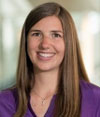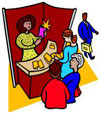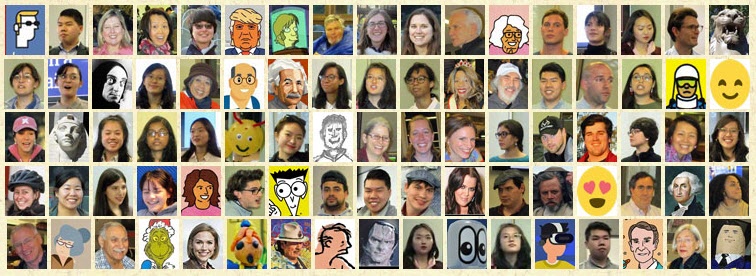

Perspectives is the newsletter of the
Stanford course,
Course News
Next Class Session (by Zoom) - Thursday, February 3rd at 4:00pm PST
Abstract: The purpose of makerspaces is to increase access to “making” among the general community. Because of this social justice orientation, it is important to consider how welcoming and accessible makerspaces are to individuals with diverse abilities, including individuals with disabilities. This presentation examines a three-step process used to make a university-based makerspace more accessible and welcoming to individuals with disabilities including a tour, design activity, and brainstorming session. The process helps identify simple changes that were made to the makerspace, as well as increasing student, faculty, and community access. Using a similar process, other makerspaces could improve the accessibility of their spaces, procedures, and tools. Biosketch: Kat Steele is the Albert S. Kobayashi Endowed Professor of Mechanical Engineering at the University of Washington. She leads the Ability & Innovation Lab, which integrates dynamic musculoskeletal simulation, motion analysis, medical imaging, and device design to understand and support human mobility. She earned her BS in engineering from the Colorado School of Mines and her MS and PhD in mechanical engineering from Stanford University. To integrate engineering and medicine, she has worked in multiple hospitals, including the Denver Children’s Hospital, Lucile Packard Children’s Hospital, and the Rehabilitation Institute of Chicago. For her research and innovations, she has been awarded an Interdisciplinary Rehabilitation Engineering Career Development Award from NIH, the NSF CAREER (Early Faculty Development) Award, and the American Society of Biomechanics Young Scientist Award. In 2020, she co-founded CREATE, the Center for Research and Education on Accessible Technology and Experiences, with partners from industry and academia in engineering, rehabilitation medicine, disability studies, and information sciences, supported by an inaugural $2.5 million investment from Microsoft. She serves as the associate director of the center. Dr. Steele is also the co-founder of Access Engineering, an NSF-supported program that supports individuals with disabilities pursuing careers in engineering and trains all engineers in principles of both universal and ability-based design to create more inclusive products, environments, and experiences. Upcoming Class Sessions (on campus unless noted otherwise)
Virtual Assistive Technology Faire
Please contact me with your ideas, questions, comments, and project suggestions - or just to say hello. Please continue to stay safe & healthy. Dave Jaffe - Course Instructor
|
||||||||||||||||||




